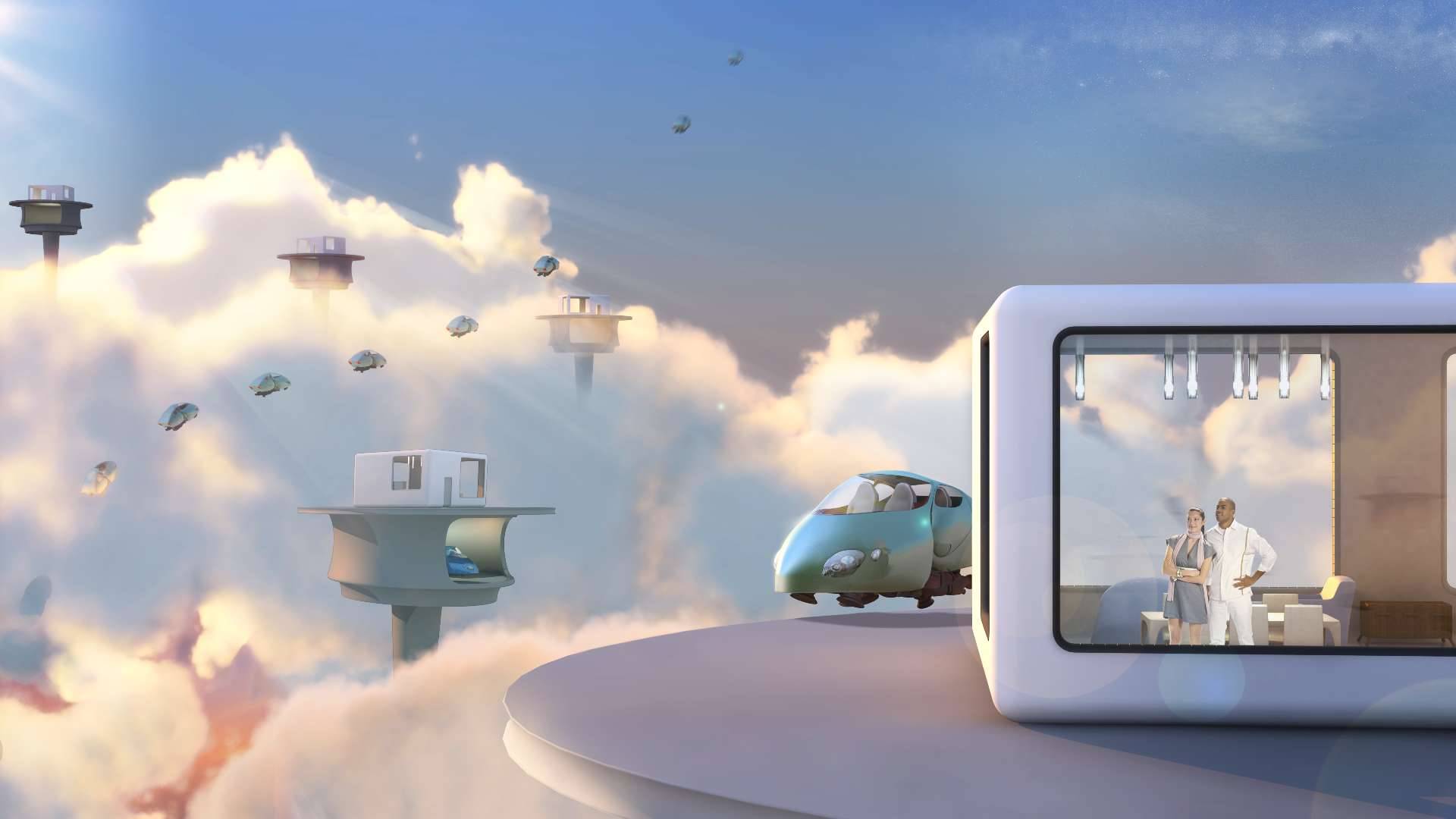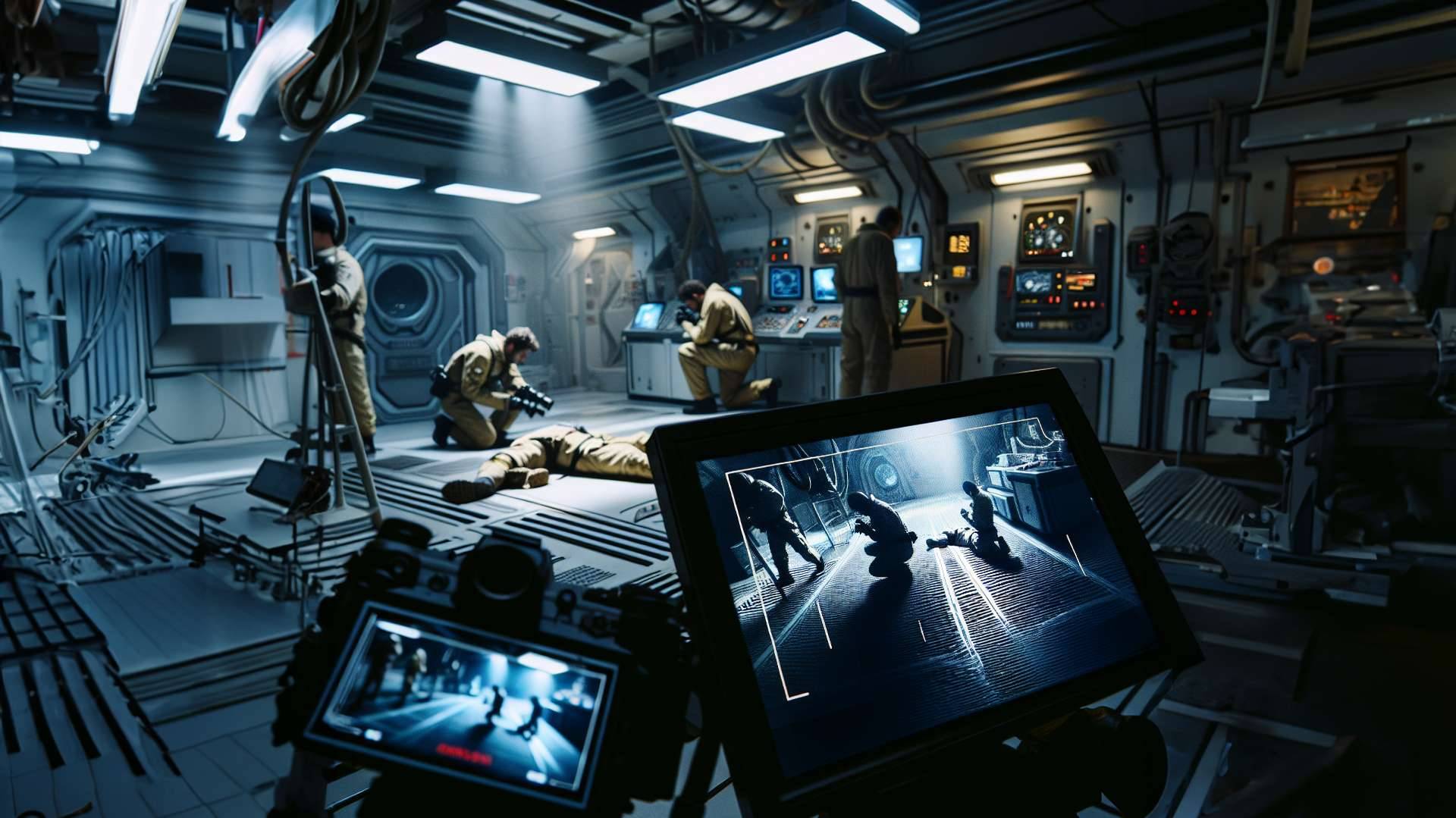
Self-Sufficient House | What If We Never Had To Leave Our Homes?
ARTICLES | Jul 04, 2023
Living security and quality of life are not just about the 4 fundamentals: food, clothes, housing, and medicine.
More than 2 billion people don’t have access to a nutritious diet today. One-third of those people lack access to clean water. There are also 759 million people without electricity. While the United Nations stresses international efforts to meet the Sustainable Development Goals (SDG Goals) by 2030, especially regarding food, water, and energy, the world is on the verge of resource scarcity. By 2030, energy consumption will likely return to pre-epidemic levels and increase by 12% per year. Global water demand will exceed supply particularly in the Middle East and North Africa (MENA) region. The region will likely experience 4 times more water scarcity by 2050, resulting in food security problems. In some countries, agricultural productivity may be reduced by up to 60%.
To solve such living pressures, many stakeholders have been trying to create a living ecosystem that will ensure security of food, water, air, and energy. Another essential condition is trying to maintain the balance of the environment and not to make the climate crisis turmoil worse. This approach may result in many ideas, beginning with a living capsule when the world is faced with catastrophe to homes where residents can live autonomously and manage water, food, electricity, and internet connection according to their lifestyle, the goal of many projects.
Although such an idea of living in complete autonomy may seem radical and challenging, many innovations could make it possible, such as 3D printing, smart indoor farming, off-grid power, such as solar power systems that do not require a centralized power system. Studying closed environmental management technology systems will enable the circulation of water, food, air, and energy resources in the home through innovative design and construction and energy management technologies to create sustainable homes and communities for the next era.
In addition, research into space habitation is another key driver for the creation of new habitat innovations on Earth, such as the European Space Agency's MELiSSA (Micro-Ecological Life Support System Alternative) project, which is researching a self-sustaining system in space to ensure sufficiency in the production of food, water, oxygen from waste.
Implications for the future:
- A closed living ecosystem would be an opportunity for many businesses, such as entertainment. But many other businesses, such as the automotive industry, commercial real estate, shopping malls, will be challenged to adapt and find new business strategies.
- Home isolation and perfect interaction with others via online platforms can damage social and interpersonal skills, especially for cognitive and socioemotional development in children.
Sources











